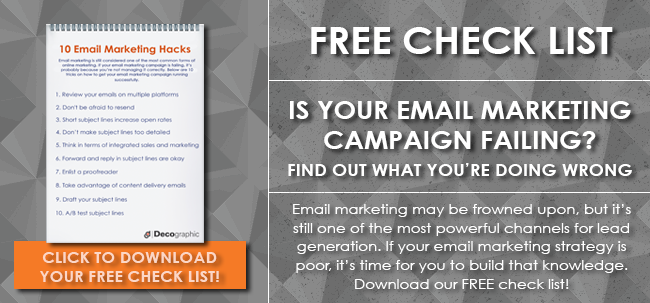Buying an Email List Is Not a Good Idea: Here's Why
.png?width=1470&name=Copy%20of%20SCS%20-%20Blog%20Template%20(1).png)
For your inbound marketing strategy to begin, you need a target audience that you can email in bulk quickly and one easy way is by using email lists. The problem with this is that most people especially the fresh content creators are still inexperienced where to get these are likely to be pressured to buy email lists from list-purchasing companies. The mindset for this is that it’s easy and quick to gain and most e-mail lists are pretty affordable plus you obviously need new people to email to keep your sales afloat. It may seem like a quick solution now it will lead to a lot of holes and risks that will eventually make your brand suffer.
Quality Emails have Integrity
Before you decide to even buy out that email list to hopefully boost your inbound marketing growth, you should think about it first. Why would anyone be actually willing to sell their active e-mails and voluntarily be exposed to outside emails? Those emails addresses may have had good potential, but now they’ve likely been flooded with spams.
They May Violate Some Policies
This is where the actual risk for your inbound market comes along. It depends on a country’s data privacy laws and acts, but most actually frown upon this. In some parts of the world, email marketers are required to allow recipients to opt out of emails that they no longer want to receive. The fact is that those email lists may have recipients that are non-compliant or even inactive from the beginning. So why would a company even try to sell emails that they can still use? The moment you buy those email lists, it automatically puts you and your business at risk.
RELATED: GET STARTED WITH YOUR EMAIL MARKETING CAMPAIGN
It Can Damage Email and IP Reputation
The best asset for any brand or service to help them boost inbound marketing growth is reputation. People will consider your business more if you have a good reputation, but buying email lists may jeopardize that. This is thanks to data policies and strict protocols available now solely dedicated to countering email spam. They’ve created a system called honeypot which sets up a false email address. The moment it’s harvested and emailed, it identifies the senders as a potential spammer. There are even simple programs called spam traps that use old emails and openly receives all emails and identifies which ones are spammers. This can be a huge risk when email lists don’t actually inform you how often they’ve emailed those addresses. You are risking your IP's reputation and even your brand when you do this, plus you damage your potential of building a real email subscriber list. It may be an easy method of boosting your inbound marketing but the moment it damages your IP address, it’ll take months to rebuild your reputation and you’ll have that former stigma of being a spammer.




.png?width=352&name=SCS%20-%20Blog%20Template%20(29).png)
